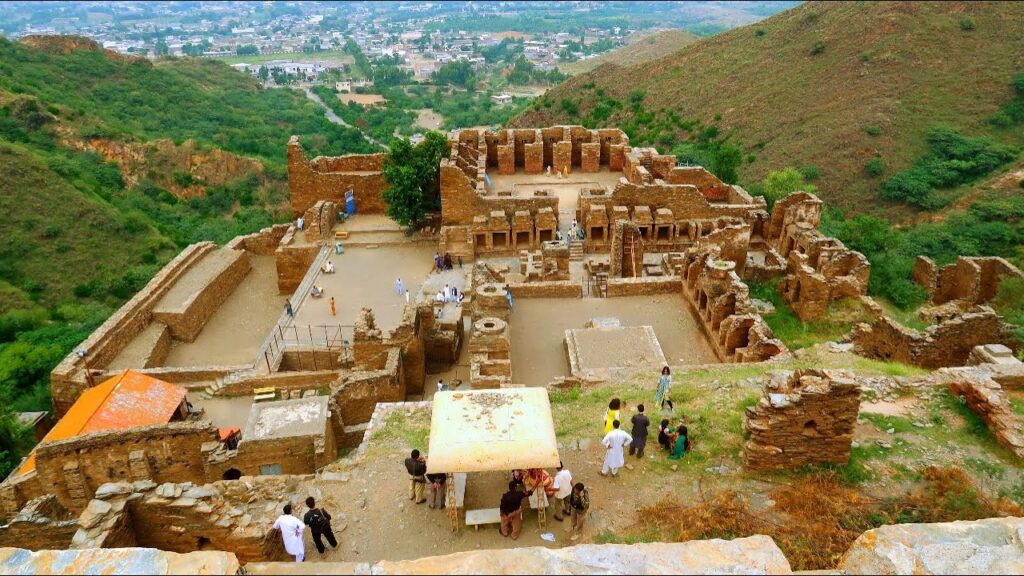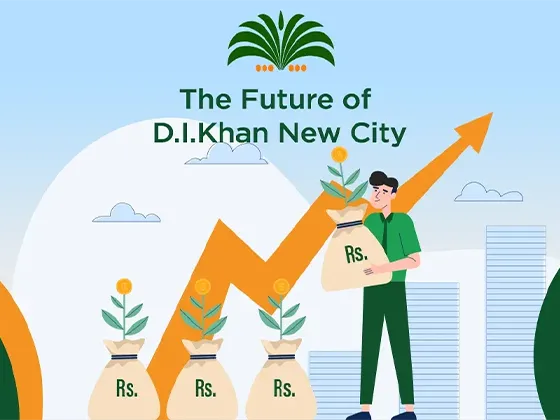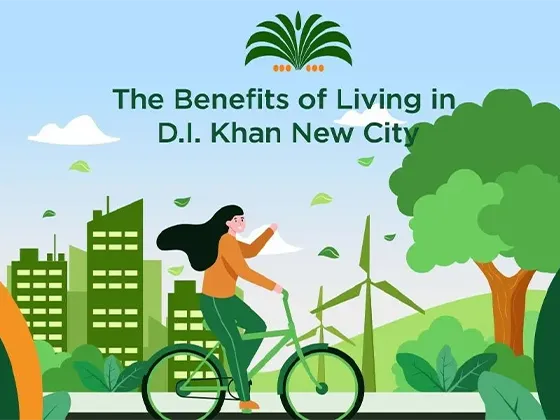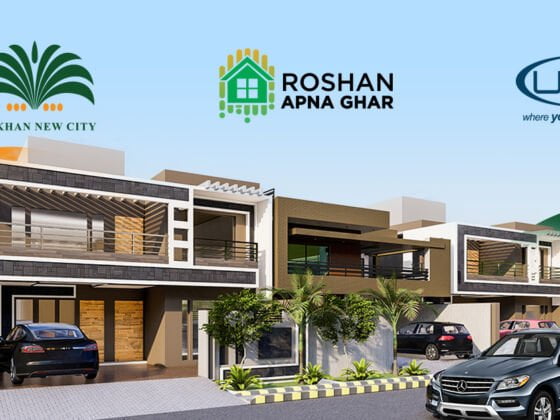Mardan, a historic city in KPK, Pakistan, is located 50 kilometers from Peshawar. Renowned for its booming industrial sector, Mardan has seen significant growth, particularly in oil, agriculture, textiles, and cigarette manufacturing. The city also boasts a rich cultural heritage and history.
Demographics
Ethnicity: Predominantly Pashtun, with Punjabi and other communities.
Language: Primarily Pashto; Urdu and English are also spoken.
Religion: Mainly Sunni Muslim, with Shia and other minorities.
Age Group: Diverse, with a significant youth population.
Occupation: Agriculture-based, with growing industries and services.
Historical Significance
Mardan was once a key location on the ancient Silk Road, leaving behind landmarks like the Takht-i-Bahi ruins, a UNESCO World Heritage Site, and several Buddhist stupas.
Post-Independence Development
Since 1947, Mardan has evolved, welcoming refugees and seeing demographic shifts. Key developments include infrastructure, healthcare, education, and the establishment of Abdul Wali Khan University. The economy is bolstered by agriculture and small-scale industries, despite challenges like political instability and natural disasters.
Industrial Growth
Mardan’s industrial sector is diverse and expanding:
Textile Industry: Numerous mills and manufacturing units produce textiles, benefiting from local cotton cultivation.
Food Processing: Leveraging agricultural resources for processed food production, including flour mills and dairy plants.
Construction Materials: Brick kilns, cement factories, and stone crushing units support local infrastructure needs.
Small-Scale Industries: Metalworking, woodworking, plastic molding, and handicrafts provide significant employment.
Climate
Mardan experiences hot, dry summers (May to September) with temperatures over 40°C, and cooler winters (November to February) with lows around 5°C. Spring and autumn offer mild, pleasant weather.
Attractions
Takht-i-Bahi: Ancient Buddhist monastery ruins.
Swabi River: Scenic river for leisurely walks and picnics.
Katlang: Lush green fields and orchards.
Khazana Dam: Scenic reservoir for boating and picnics.
Shahbaz Garhi: Archaeological site with Buddhist stupas.
Mardan Museum: Showcasing the region’s cultural and archaeological heritage.
Gumbat Stupa: Historical Buddhist monument.
Healthcare
Mardan has several hospitals and medical facilities, including:
- Mardan Medical Complex
- District Headquarters (DHQ) Hospital
- Mardan Institute of Medical Sciences
- Mardan Welfare Hospital
- Al-Rahim Medical Complex
- Shah Memorial Hospital
Accommodation
Mardan offers diverse lodging options:
Taj Mahal Hotel
The Grand Hotel Mardan
Swat Continental Hotel
Al Syed Hotel and Restaurant
City Palace Hotel
Rehman Baba Hotel
Getting to Mardan
By Road
Mardan is well-connected to major cities in Pakistan via the national highway network. It is accessible by private car, taxi, or intercity bus, offering scenic countryside views along the journey.
By Rail
Pakistan Railways provides train services to Mardan from cities like Lahore, Karachi, Islamabad, and Peshawar. The centrally located Mardan Railway Station serves as a key hub.
By Air
While Mardan lacks its own airport, Bacha Khan International Airport in Peshawar, about 45 kilometers away, is the nearest option. From there, taxis or private cars can reach Mardan in around an hour.
Local Transportation
Once in Mardan, visitors can use taxis, rickshaws, and buses to explore the city. The well-developed road network facilitates easy travel within the city and its surroundings.
Conclusion
Mardan is a city of rich history, cultural heritage, and natural beauty. From ancient sites like Takht-i-Bahi to the serene Swabi River, it offers a unique blend of tradition and modernity.
FAQs
- Population: Approximately 0.8 million.
- Weather: Hot summers, cool winters, mild spring and autumn.
- Main Attractions: Takht-i-Bahi, Swabi River, Khazana Dam.
- Access: By road, rail, and air (via Peshawar).
- Accommodation: Various options available, from budget to upscale.
- Local Cuisine: Known for Pashtun dishes like chapli kebabs and pulao.




